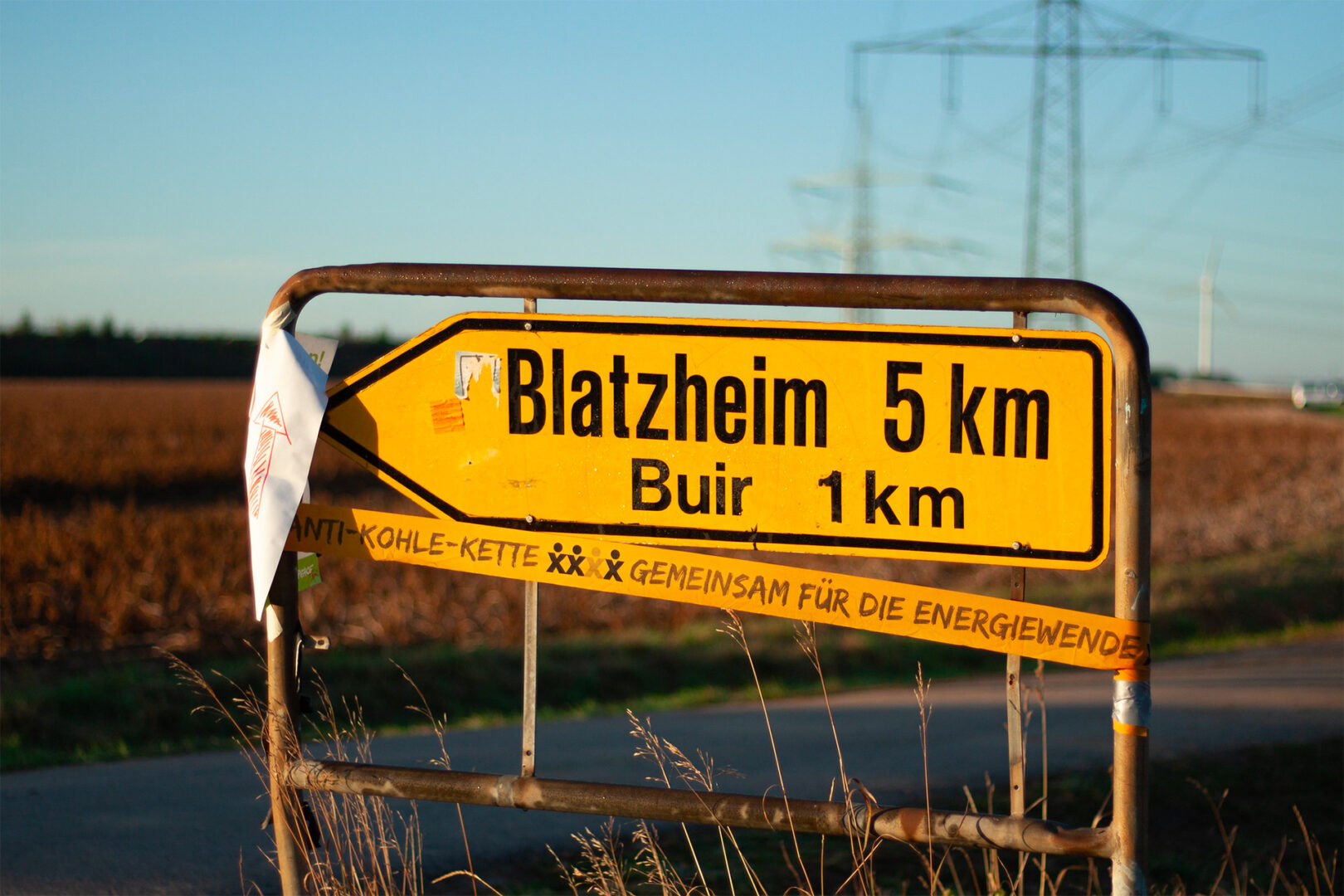In the six years since the adoption of the Paris Agreement, fossil fuel financing from the world’s sixty largest banks has reached four-point-six trillion USD
What is the Banking on Climate Chaos 2022: Fossil Fuel Finance Report?
Experts from six civil society organizations wrote this report: Rainforest Action Network (RAN), BankTrack, Indigenous Environmental Network (IEN), Oil Change International (OCI), Sierra Club, Reclaim Finance, and urgewald. The “Banking on Climate Chaos 2022: Fossil Fuel Finance Report” was endorsed by more than 500 organizations from fifty-one countries around the world, including Friends of the Earth International, Greenpeace USA, and Uplift.
The report analyzes how the sixty largest banks in the world are financing the fossil fuel industry. In 2021, they provided billions to companies expanding oil, gas, and coal. Banks are funding fossil fuel expansion despite their net-zero commitments. Through this, a discrepancy between their public climate commitments and their business-as-usual driving of climate chaos arises.
How banks need to take action to end their contribution to fossil fuel expansion
The Banking on Climate Chaos 2022: Fossil Fuel Finance Report highlights how banks need to take action to end their contribution to fossil fuel expansion.
They also need to zero out the financing for fossil fuel extraction, combustion, and infrastructure. Given the current climate crisis and its impacts, banks must take the steps needed to end their fossil fuel financing. They must do this on a one-point-five degrees Celsius-compatible timeline.
«Financial institutions are companies active in the financial sector. At BankTrack, we focus on commercial banks, but there are also other financial institutions such as pension funds or insurance companies. Fossil fuel financing happens when these institutions provide financing, give a loan, or provide different types of financial services, to a company or project active in the fossil fuel industry. For example, you can have a bank giving a loan to an oil and gas company that can use that money to either finance their general operations or specific projects»,explained Maaike Beenes, campaign lead for Banks & Climate at BankTrack.
How does fossil fuel financing affect climate change?
Burning fossil fuels releases significant amounts of carbon dioxide into the atmosphere. This greenhouse gas traps the heat in our atmosphere, causing global warming. According to the IPCC Working Group I contribution to the Sixth Assessment Report (AR6), anthropogenic emissions of greenhouse gases have been responsible for the warming of about one-point-one degrees Celsius since 1850-1900.
The oil and gas industry has invested more in producing oil and gas than we can burn if we curb global warming to one-point-five degrees Celsius. None of the top oil and gas companies have released a climate plan or pledge meeting the minimum criteria for alignment with the goals of the Paris Agreement.
Despite this, in the six years since the adoption of the Paris Agreement, the fossil fuel financing from the world’s sixty largest banks has reached four-point-six trillion USD. In 2021 alone, fossil fuel financing amounted to 742 USD.
Money is the oil of the global economy
Last year, 100 companies doing the most to expand the fossil fuel sector received 185.5 billion USD from prominent banks. This was profiled in the The Banking on Climate Chaos 2022: Fossil Fuel Finance Report. Among these fossil fuel companies are Saudi Aramco, QatarEnergy, and ExxonMobil, some of the biggest fossil fuel expanders. In 2021, banks provided thirteen billion USD to Saudi Aramco, eleven-point-six billion USD to QatarEnergy, and ten billion USD to ExxonMobil.
«Money is the oil of the global economy. Banks play an essential role in lubricating the global economy by providing financing to all sorts of industries, including the fossil fuel industry. They have a role in ensuring that companies can keep operating by providing general financing and loans to specific projects. Without the financial sector and banks, many companies would have trouble operating or existing. That means that banks have a lot of leverage and influence over different sectors of the economy. We say that because banks have this influence, they also have a responsibility to use that influence and make sure that the global economy transitions away from fossil fuels. By continuing to provide financing to this industry, they support the continued existence of the said industry, which should be phased out».
How does fossil fuel financing impact individuals and communities?
«There are direct and indirect ways in which fossil fuel financing impacts people. The most straightforward way is when a bank finances a specific project, and then that project harms people locally. We work a lot with partners, especially in the Global South, which are affected by oil and gas extraction, and coal extraction. The fossil fuel industry is causing oil spills and violating the land rights of indigenous communities. It’s impacting their way of life and their cultural integrity. In Europe, communities that live in the vicinity of coal mines and around petrochemical facilities deal with the health consequences of this industry. Of course, there’s the widespread impact of climate change that we will all feel the effects of. But then again, it’s specifically felt by the communities in the Global South that are already feeling dealing with heat, droughts, extreme rain, all of these consequences of climate change. These communities have had the least to do with causing this problem. But they are already facing its effects the most».
Which banks are engaging the most in fossil fuel financing?
In 2021, fossil fuel financing plateaued. Nevertheless, it is still higher than in 2016, the first year after the adoption of the Paris Agreement.
U.S. banks, JPMorgan Chase, Citi, Wells Fargo, and Bank of America are the top four fossil fuel funders in the globe. They are part of the Dirty Dozen. This includes the report’s chart of banks that have engaged the most in fossil fuel financing since the Paris Agreement.
Together with fellow US banks Morgan Stanley and Goldman Sachs, these banks are responsible for thirty-one percent of fossil fuel financing since the Paris Agreement, and twenty-nine percent of the fossil fuel financing identified in 2021.
Which banks have engaged the most in financing fossil fuels globally since adopting the Paris Agreement?
In 2021, JPMorgan Chase and Wells Fargo increased their fossil fuel financing along with twenty-six other banks. From 2020 to 2021, Canadian banks RBC, Scotiabank, TD, Bank of Montreal, and CIBC increased their fossil fuel financing.
Seventh in the global chart, the London-headquartered bank, Barclays, continues to be the worst banker of fossil fuels in the UK. They invested 167 billion USD in fossil fuel financing between 2016 and 2021. With 142 billion USD funneled into fossil fuel financing in the same timeframe, mainland Europe’s primary banker of fossil fuels is the French bank, BNP Paribas. Among East-Asian banks, two Japanese banks, MUFG and MIZUHO, are part of the report’s Dirty Dozen.
2021 funding trends – Which types of fossil fuels are receiving financing, and from which banks?
The Arctic oil and gas sector received eight-point-two billion USD in funding in 2021. That year, the top bankers of the Arctic oil and gas sector were JPMorgan Chase, SMBC Group, and Intesa Sanpaolo. In 2021, prominent banks provided seventeen-point-four billion USD to the coal mining sector.
Chinese banks, China Everbright Bank and China CITIC Bank, were the top financiers of this sector in the last year. Last year, China Merchants Bank and Ping An Group led the financing of the coal power sector. Despite the need to phase out coal this decade, the funding of this sector has stayed stable during the past three years at about forty-four billion USD.
Pipeline companies, like Kinder Morgan, and producers, like Diamondback Energy, received funding from banks last year. The fracking sector as a whole received sixty-two-point-one billion USD in financing last year. North American banks were top funders.
Developing new gas fields or export projects is incompatible with the IEA net-zero scenario. However, the sector is looking at banks to finance its infrastructure projects. Morgan Stanley has provided thirteen-point-three hundred-ninety-eight billion USD to the top thirty liquefied natural gas import and export companies in total between 2016 and 2021 and three-point-two-hundred-sixty-eight billion USD in 2021.
About the offshore oil and gas sector
Despite the massive damage caused by oil spills happening at any depth, ten out of the sixty most prominent banks have a policy limiting financing for ultra-deepwater offshore oil and gas activities. In 2021, the offshore oil and gas sector received fifty-two-point-nine billion from prominent banks. Citi and JPMorgan Chase led the financing for the sector last year The French BNP PARIBAS provided the funding between 2016 and 2021, thirty-six-point-five hundred-thirty-six billion US.
From 2020 to 2021, the tar sands sector saw a fifty-one percent increase in financing, reaching twenty-three-point-three billion USD. This increasing trend is in vast part caused by the increased funding for producers like Cenovus Energy and Suncor Energy and for pipeline companies such as Enbridge and Inter Pipeline. The Canadian bank RBC funneled five-point-four hundred-forty-five billion USD into the tar sands sector in 2021, making it the top tar sands financier of the year.
How can banks head in the right direction instead?
«Solving the issues requires a combination of things. Regarding the net zero commitments: it is essential to make sure that at some point, your finance emissions are zero, to set precise trajectories with short-term targets, and then focus on the heaviest, most problematic industries. Of course, the fossil fuel industry is the key one. Then we need to see comprehensive policies addressing the fossil fuel industry. They need to stop financing expansion projects and companies; that’s the crucial first step they need to take, and they need to make plans to phase out their funding for fossil fuels overall. Adopting those policies is vital. It’s hard to expect banks to move as fast as they should be if there’s not enough pressure from other actors. In the end, banks are in it for the profit, so as long as there’s a bit of profit they can still make from financing fossil fuel companies, they will do it. That’s why we need customers and NGOs to put as much pressure on them as possible. But we also need regulators to demand that the climate plans of banks are good enough and maybe even to put rules in place on how much financing can be provided to the fossil fuel industry or over what sort of gradient that needs to be phased out»,said Maaike Beenes.
Banks must respect human rights and indigenous people
According to the report, banks must prohibit financing for fossil fuel expansion projects and companies expanding along the entire value chain. They must also zero out funding for fossil fuel extraction, combustion, and infrastructure on a one-point-five degrees-compatible timeline.
This is in order to align themselves with the goal and respect human and Indigenous rights. In addition, banks must require fossil fuel clients to publish plans to zero out fossil fuel activity on the timeline mentioned above, set targets to zero out the climate impact of their overall financing activities, and pair them with immediate action on fossil fuels.
As stated in the report, banks must respect human rights, particularly those of Indigenous Peoples. That includes those in the UN Declaration on the Rights of Indigenous Peoples, and prohibit financing for projects and companies that violate Indigenous rights and human rights.
BankTrack
BankTrack is an international tracking, campaigning and civil society support organization targeting private sector commercial banks and the activities they finance.
Maaike Beenes
Beenes is a campaign lead at BankTrack, which she joined as a Climate Campaigner in November 2020. Maaike has a background in political science and international relations.




















